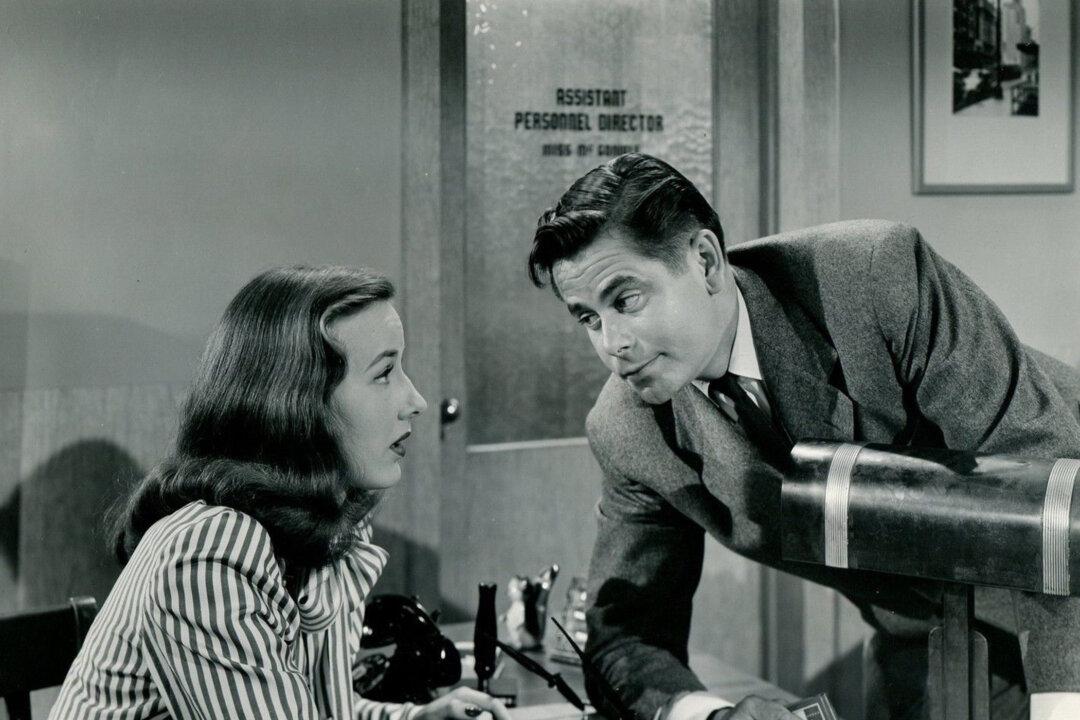NR | 1h 27m | Comedy, Romance | 1948
Actor and American patriot Glenn Ford was considered one of the great stars during Hollywood’s Golden Age, from the 1940s to 1960s. He played diverse roles, such as the troubled World War II veteran Joe Miracle in “Mr. Soft Touch” (1949) opposite Evelyn Keyes, and rugged cattleman Tom Reese in “Cowboy” (1958), which co-starred Jack Lemmon.






